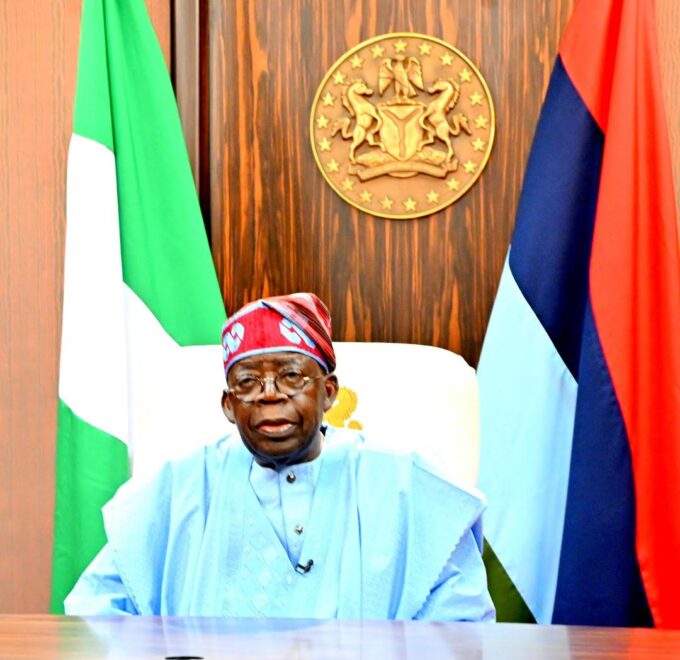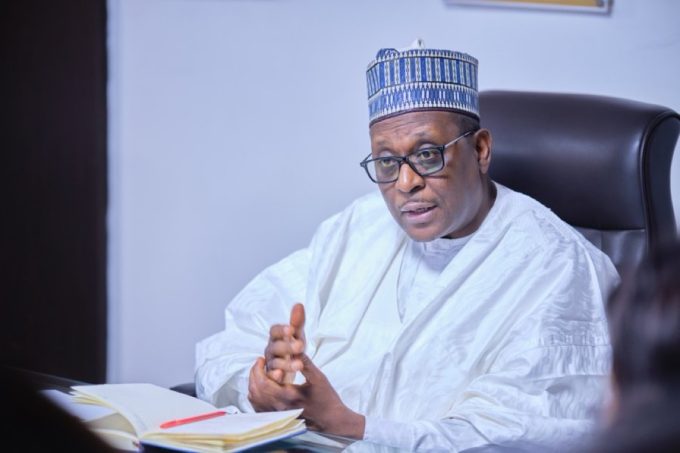The Lagos State Government has said that no fewer than 18 million residents are expected to be vaccinated for preventable diseases under its Non-Polio Supplemental Immunisation scheduled to start Oct. 19.
Dr Abimbola Bowale, the Supervising Permanent Secretary of the Lagos State Primary Healthcare Board (LSPHCB), disclosed this while speaking to journalists at a Media Orientation on Non-Polio Supplemental Immunisation.
The media orientation held on Monday, was organised by the State Ministry of Information and Strategy as a way of increasing awareness on the forthcoming vaccination.
The immunisation exercise, which will hold in all 57 Local Government Development Agencies (LCDA) of the state, is in partnership with the United Nations Children’s Fund (UNICEF).
According to Bowale, 85 per cent of people from nine months to 44 years will be given Yellow Booster doses while other vaccines will be administered too.
He added that children within the ages of nine months to 18 months would receive measles vaccine, HPV vaccines against cervical cancer that cover from nine years to 14 years, and polio among other routine immunisations.
“The goal is to achieve herd immunity and the only way to do so is to ensure that nothing less than 95 per cent of the eligible population receive the measles vaccine and 80 per cent of the eligible population receive the yellow fever vaccine.
“Vaccination is safe and can also prevent a lot of diseases from killing both children and adults”.
He, however, enjoined journalists to use their platforms to educate and create awareness about the impression and benefits of these supplemental immunizations and the safety protocols.
Speaking also, Dr Akinpelu Adetola, , the Immunisation Programme Coordinator for Lagos, said the forthcoming immunisation campaign was necessary to address the recurrence of outbreaks of vaccine preventable diseases in the last three years.
“There have been several outbreaks of vaccine-preventable diseases, such as measles, yellow fever, diphtheria, and the recent cholera.
“These outbreaks show an immunity gap in our communities and the easiest way to tackle these diseases is to have a state-wide immunisation activity and increase routine immunisations in Lagos,” Adetola said.









